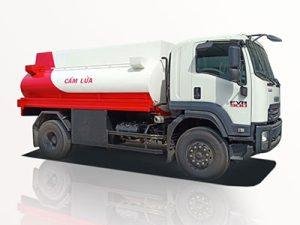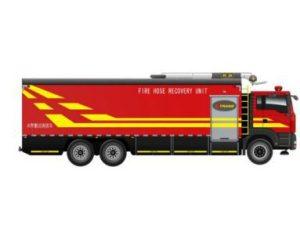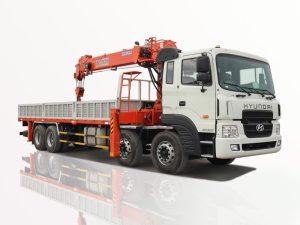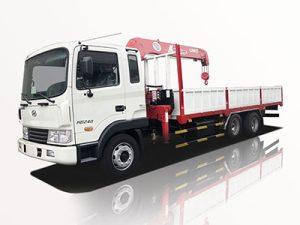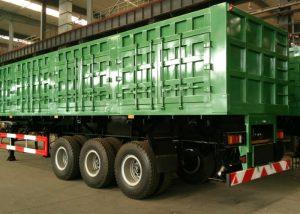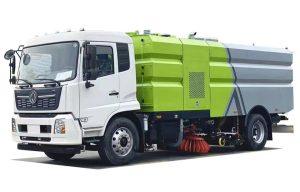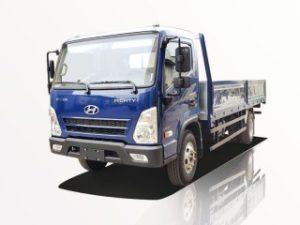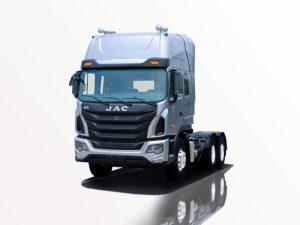Monday to Saturday - 8:00 -17:30
Understanding Military Fuel Trucks: The Backbone of Military Logistics
In the realm of military logistics, fuel delivery is critical for ensuring that operations run smoothly. Military fuel trucks play a vital role in transporting fuel to various locations, enabling the seamless functioning of military vehicles, aircraft, and equipment. This article delves into the various aspects of military fuel trucks, their classifications, operational capabilities, technological advancements, maintenance practices, and much more.
What is a Military Fuel Truck?
A military fuel truck is a specialized vehicle designed for the bulk transport of fuel within military environments. These trucks are engineered to meet stringent military standards, ensuring safety, efficiency, and reliability in various operational scenarios.
Types of Military Fuel Trucks
Military fuel trucks come in various designs and sizes, each tailored to specific operational needs:
- Refueling Trucks: These vehicles are primarily used to transport fuel to aircraft, armored vehicles, and ships. They feature high-capacity tanks and advanced refueling technologies.
- Tankers: Equipped with larger tanks, these trucks are designed for bulk fuel transportation over long distances.
- Mobile Fuel Stations: These units can be deployed quickly to provide fuel in forward operating bases or during combat scenarios.
Key Features of Military Fuel Trucks
Tank Capacity and Design
Military fuel trucks come equipped with various tank sizes, typically ranging from 500 to 5,000 gallons. The tank design emphasizes durability and safety, allowing for both pressurized and gravity-fed fueling.
Refueling Systems
Modern military fuel trucks are equipped with advanced refueling systems, enabling quick and efficient refueling of various military assets. Some key systems include:
- Pressure Refueling: Ideal for fast-paced operations, this system allows for rapid fueling, especially for aircraft.
- Gravity Refueling: Employed for tanks and other ground vehicles, ensuring a consistent and efficient flow of fuel.
Payload Capacity
The payload capacity of military fuel trucks often surpasses that of civilian counterparts, as military operations demand the ability to carry larger volumes of fuel to remote locations. This feature is crucial during sustained military campaigns.
The Operational Role of Military Fuel Trucks
Military fuel trucks serve several essential functions that contribute to an efficient military operation. Here are some key roles:
Logistical Support
Fuel trucks are integral to the supply chain, ensuring that all vehicles, from tanks to helicopters, remain operational. They provide logistical support during missions and are crucial for any large-scale deployment.
Quick Response Capabilities
Military fuel trucks can be rapidly deployed in response to mission needs, ensuring that fuel supplies are always available in dynamic operational environments.
Operational Flexibility
These trucks are designed for a variety of terrains, enabling them to operate efficiently in challenging environments, such as deserts and mountainous regions.
Technological Advancements in Military Fuel Trucks
Fuel Efficiency and Environmental Considerations
Recent advancements in fuel technology have made military fuel trucks more efficient. Features such as hybrid engines and biofuels are being integrated to reduce environmental impact, aligning military operations with sustainability efforts.
Enhanced Safety Features
Safety is paramount in military operations. New safety features in fuel trucks include:
- Fire Suppression Systems: Automatic systems designed to contain fires before they spread.
- Crash Avoidance Technology: Advanced sensors and systems that assist drivers in preventing accidents on the road.
Maintenance and Care for Military Fuel Trucks
Regular Inspections
To ensure reliability, military fuel trucks require regular inspections, focusing on key components such as fuel tanks, pumps, and engines.
Training and Certification
Operators need to be properly trained and certified to handle military fuel trucks, ensuring safety and efficiency during operations. Training covers not only driving skills but also fuel management and emergency response protocols.
Practical Tips for Using Military Fuel Trucks
Efficient Routing
Planning optimal routes for fuel delivery can save time and reduce operational costs. Mapping software can be employed to identify the least congested paths.
Load Management
Understanding the weight limits and managing the load effectively can prevent overloading, which may affect vehicle performance and safety.
FAQs About Military Fuel Trucks
What types of fuel do military trucks use?
Military fuel trucks can transport various types of fuel, including diesel, aviation fuel, and JP-8 (jet fuel). The type of fuel used often depends on the military operation and vehicle requirements.
How are military fuel trucks different from civilian fuel trucks?
Military fuel trucks are designed to meet stringent military standards for durability, efficiency, and safety, whereas civilian trucks focus more on commercial use and may not be equipped for extreme operational conditions.
Can military fuel trucks operate in combat zones?
Yes, military fuel trucks are specifically designed to operate in combat zones. Their robust construction and quick refueling capabilities make them essential for sustaining military operations in hostile environments.
What training do operators receive for military fuel trucks?
Operators undergo extensive training that includes vehicle operation, emergency procedures, load management, and safe fueling practices. This training ensures that they can handle the truck effectively in various scenarios.
Are military fuel trucks environmentally friendly?
Recent advancements have made military fuel trucks more environmentally friendly, with the adoption of biofuels and hybrid technologies. Efforts are being made to reduce the ecological footprint of military operations.
How is fuel quality maintained in military fuel trucks?
Fuel quality is maintained through regular inspections, adherence to storage protocols, and by using filtration systems to prevent contamination. It is vital to ensure that fuel remains effective for operations.
Conclusion
Military fuel trucks are a critical component of military operations, providing the necessary logistics and support for sustaining military assets. Understanding their features, technological advancements, and operational capabilities is essential for appreciating the role they play in modern military strategy.


